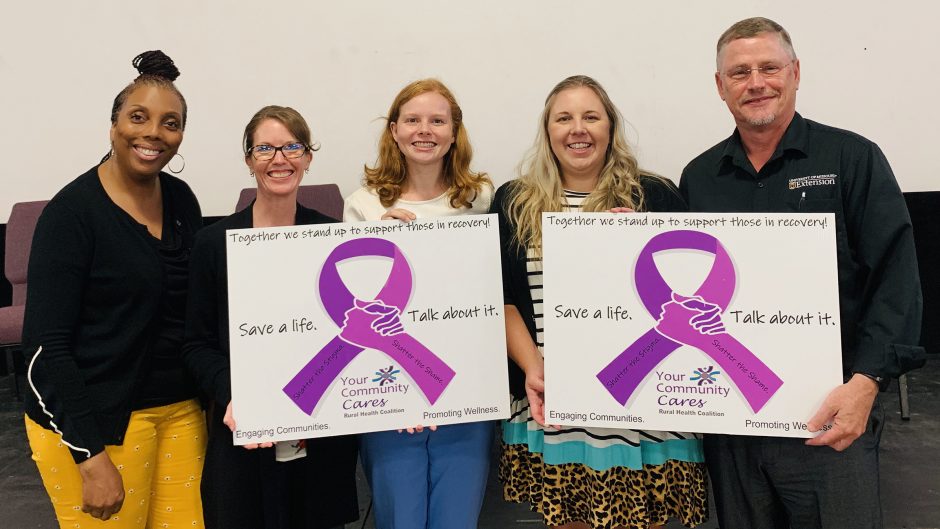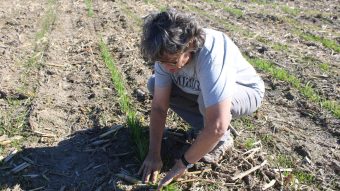
Sept. 28, 2020
Opioid addiction keeps an estimated 1 million Missourians out of the workforce and costs the state about $1 million per hour, including the loss of jobs and wages. A new University of Missouri community health initiative, funded with a $1.1 million Rural Opioid Technical Assistance grant from the federal Substance Abuse and Mental Health Services Administration, will help recovering workers in rural areas get back to work and strengthen their local economy.
The two-year Building Capacity for Recovery-Friendly Communities program will serve about 35,000 Missourians through MU Extension’s eight regions.
“We know the addiction crisis has deepened the distress and disinvestment felt in so many communities across Missouri,” said Marshall Stewart, MU vice chancellor for extension and engagement. “This grant will create a model of hope, resilience and opportunity as we work together to help recovering workers, strengthen family supports and rebuild local economies.”
“Especially in rural communities with dwindling workforces, we have to help business leaders and communities change their minds about addiction and recovery,” said Doug Swanson, an MU Extension labor and workforce development specialist. “How can we get people back in the workplace, in jobs with a livable wage, to help our communities thrive? This Building Capacity program will help us figure out ways to do that.”



